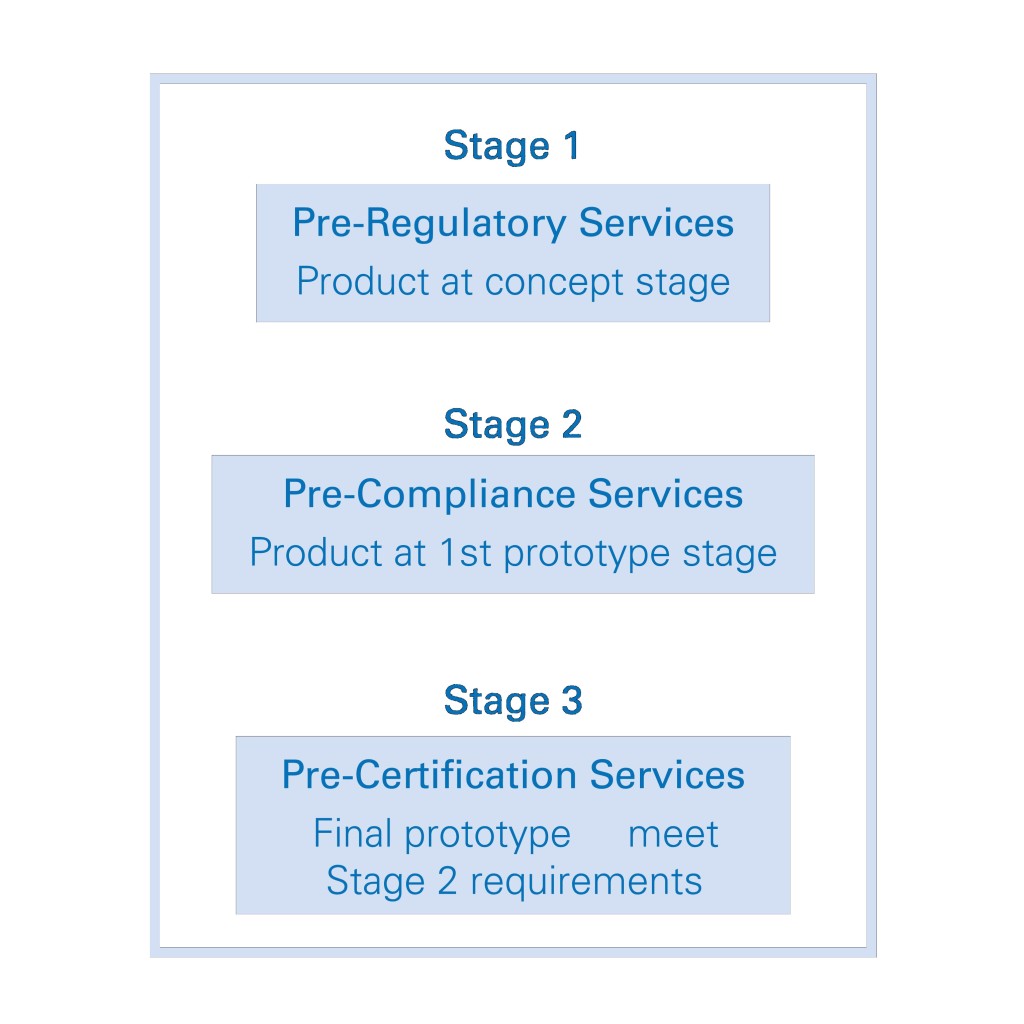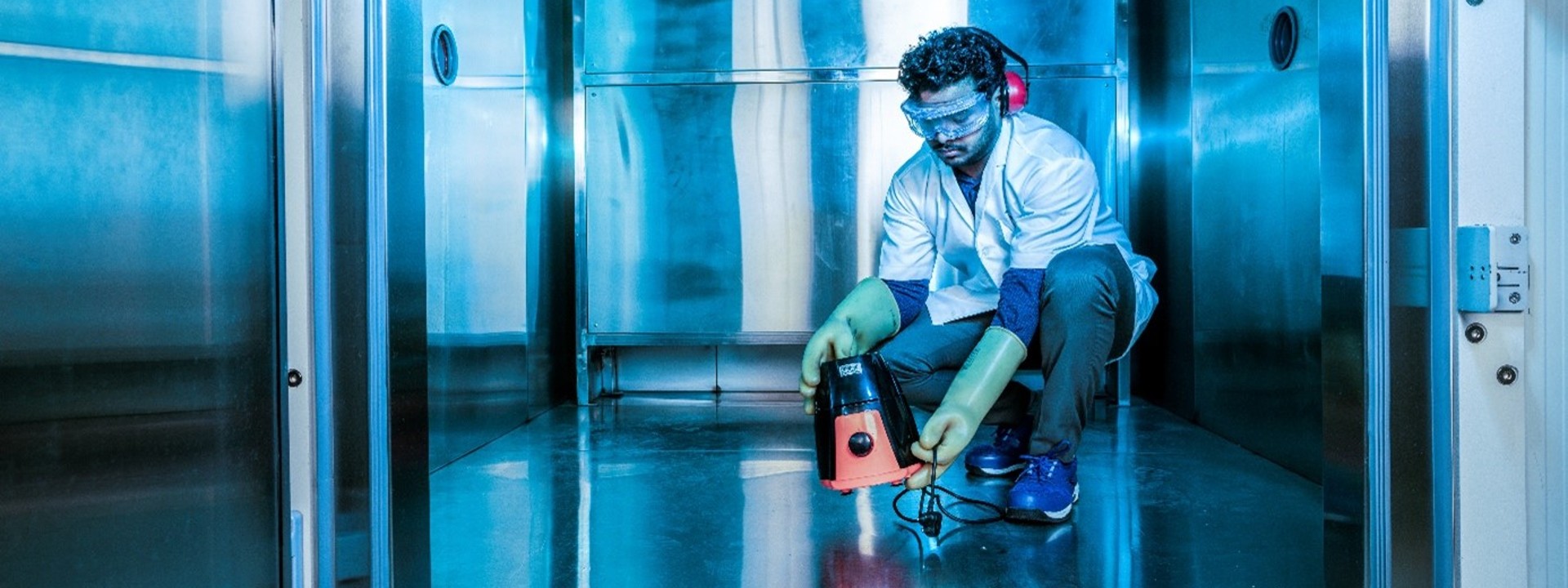Selecting the right regulatory testing and compliance service partner is essential for thriving in the current business landscape. By choosing TÜV Rheinland, you benefit from our global network of technical experts who possess localized market knowledge and who offer swift solutions for your products to gain speedy market access with our globally accepted test mark. With TÜV Rheinland‘ s comprehensive portfolio of solutions, you can navigate through unforeseen regulatory challenges and fulfill critical global rollout timelines, which translates into significant time and cost savings.
Electrical Safety Testing:
To evaluate the electrical safety of a product, TÜV Rheinland offers the following tests:
- High Voltage Test (Dielectric Withstand Test) measures the product‘s ability to withstand a high voltage between its electrical circuit and the ground.
- Leakage Current Test assesses whether the current flowing between an AC source and the ground exceeds a specified limit.
- Insulation Resistance Test determines the quality of electrical insulation used in the product
- Ground Continuity Test ensures that there is an unobstructed path between all exposed metal surfaces and the power system ground.
BIS Compulsory Registration – Mandatory Requirements for IT & Electronic Goods
The Indian government has introduced the “Electronics and Information Technology Goods Order 2012“that mandates compulsory registration of Electronic and IT Goods. This move ensures the safety of Indian consumers by ensuring that manufacturers bring safer products to the market. Additionally, it has established a common platform for both Indian and foreign manufacturers to adhere to Indian standards such as IS 13252 / IEC 60950-1, IS 616 / IEC 60065.
Pre-Regulatory Services / Pre-Compliance / Pre-Certification:

Failing to ensure compliance during a product‘s design phase can directly impede the company‘s ability to meet its time-to-market objectives. Collaborating with TÜV Rheinland during the product‘s concept planning stage can be the ideal solution. We offer a range of services during the product design stages such as:
Stage 1: Pre-Regulatory Services: Product at Concept Stage
- Determining the technical entry barriers in target markets including country and regional certification that may be mandatory or voluntary.
- Providing preliminary information on various certifications required by target markets such as safety, EMC, wireless, type approval, license marks, in-country testing, pre-shipment/pos shipment inspection and others.
- Identifying relevant standards based on the product‘s intended use and functionality
- Offering research support for new market entry, including a comprehensive document that covers all the details mentioned above for a specific country where the manufacturer plans to introduce their product.
Stage 2: Pre-Compliance Services: Product at 1st Prototype Stage
- Re-evaluating identified standards during Pre-Regulatory Services after observing prototype function and final application.
- Reviewing product design to ensure compliance with established norms.
- Identifying critical components and certification requirements
- Verifying labels, manuals and other documents meet relevant standards and country-specific requirements.
Stage 3: Pre-Certification Services: Final prototype to meet Stage 2 requirements
- Identifying critical tests to ensure the product complies with standards.
- Utilizing the lab‘s resources for iterative testing during product development to achieve compliance with test limits and guidelines.
- Conducting applicable tests in the right sequence and as per relevant test criteria. If the product passes all tests on the first attempt, it is considered as compliant and ready for necessary certification activities.
Why TÜV Rheinland?
TÜV Rheinland’ s global network of fully accredited laboratories provides comprehensive Electrical Safety Testing Services. Our team of engineers is proficient in testing an extensive range of consumer electronics as well as industrial, laboratory and commercial equipment. We ensure quick scheduling and timely execution of tests which enables manufacturers to obtain certification in the shortest possible time.
Contact


